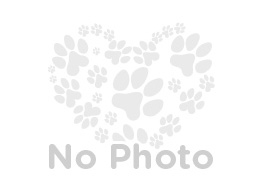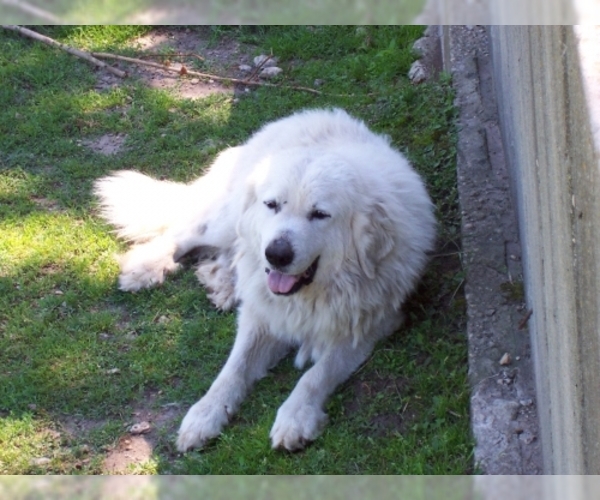BARON - GREAT PYRENEES DOG FOR ADOPTION
Great Pyrenees Dogs For Adoption in Osgood, IN, USA

For Adoption
-
Nickname:
Baron
-
Breed
-
Gender
Male
-
Age
Adult
-
Location
Osgood, IN, 47037 USAUSA
Description
Dog Breed: Great Pyrenees. If you would like to meet any of our pets, they are available for viewing, every single day from noon until 3:30pm. If you have other dogs a meet and greet is required. Calling before a long drive is recommended to confirm availability. Ripley County Humane Society, 1202 W County Rd 150 N, Osgood, IN 47037. 812-689-3773 You can fill out an application online at this link - petstablished/adoption_form/57789/generic .
-
Behavioral Characteristics
OK with Kids: Yes OK with Dogs: Yes OK with Cats: Yes Other: - Housetrained
-
Additional Information
Was the Dog Found No Other - Up-to-date on Vaccinations
Let PuppyFinder Help!
Save Time. Get The Right Match. Buy Puppy Safer.
CREATE A WANTED ADRescue Information
-
Organization name
Ripley County Humane Society
-
Location:
Osgood, Indiana, 47037 USAUSA
Breed overview

Great Pyrenees
A.K.A.: Pyrenean Mountain Dog, Patou, Chien de Montagne des Pyrénées, Pyrenean, Big White Dog, Bear Dog, Gentle Giant, Great Pyr, Pyr
Overview:
The Great Pyrenees is a majestic and ancient breed, originating in the Pyrenean mountains between France and Spain, where they served as formidable livestock guardians. Physically, they are large, powerful dogs, easily recognized by their thick, double coat, typically white (though sometimes marked with badger, grey, or tan), and a distinctive "double dewclaw" on their hind legs. Despite their imposing size, their temperament is generally calm, gentle, and remarkably patient, making them excellent companions. They possess a natural protectiveness, which translates to a watchful eye over their families and property. While loving and tolerant with children, their size and barking tendencies make them less suited for small apartment living; a home with a yard is ideal. Prospective owners should be aware of common health concerns such as hip and elbow dysplasia, patellar luxation, and certain eye conditions, emphasizing the importance of responsible breeding. Their independent nature also means they require consistent, positive reinforcement training.
See more...
